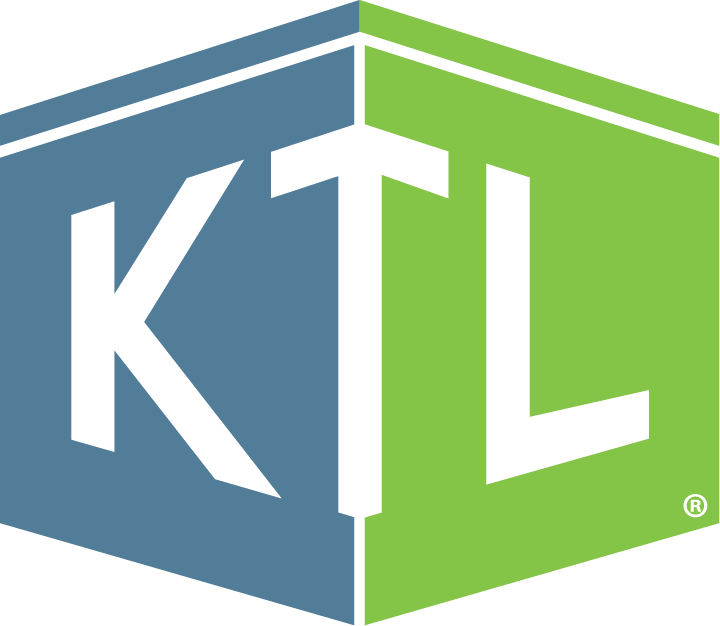
Environment / Safety
Comments: No Comments
The COVID-19 pandemic has had tremendous impacts on various industries and sectors—most have had to adjust business practices (in small or large ways) to meet new guidelines for safe operations. At times, it may seem impossible to keep up with the latest developments/recommendations and their impacts on day-to-day operations.
A cross-cutting issue for almost every business (and every household) is the safe and proper management of waste. Almost all our activities generate some form of waste. During an infectious disease outbreak such as COVID-19, it becomes increasingly important to ensure the provision of safe water, sanitation, and hygienic conditions to help prevent human-to-human transmission of the virus.
Updated Guidance
State and federal agencies throughout the U.S. and abroad, as well as international organizations, have begun to issue new and/or update existing guidance regarding proper waste management practices as experts learn more about the COVID-19 virus (SARS-CoV-2). The U.S. Occupational Safety and Health Administration (OSHA), for example, recently issued guidance stating that, “Generally, management of waste that is suspected or known to contain or be contaminated with COVID-19 does not require special precautions beyond those already used to protect workers from the hazards they encounter during their routine job tasks in solid waste and wastewater management.” However, state, tribal, and local governments may follow stricter guidance.
Similarly, the World Health Organization (WHO), in its April 2020 revised Interim Guidance, noted that there is “no evidence that direct, unprotected human contact during the handling of healthcare waste has resulted in the transmission of the COVID-19 virus.” The WHO further states that the usual best practices for the safe management of infectious waste should be exercised.
Best Practices to Minimize Risk
The OSHA and WHO guidance highlight an important point—where existing processes and systems can safely be relied upon for the proper management of waste during this pandemic, organizations should avoid making changes. Where the nature of COVID-19 requires adjustments, that is where organizations should focus their efforts.
Outlined below are some general best practices that organizations should consider implementing to minimize risks associated with waste management during COVID-19 and beyond:
- Municipal Waste: Workers and employers should manage municipal (e.g., household, business) solid waste with potential or known COVID-19 contamination like any other non-contaminated municipal waste. Workers should prevent exposure to waste through safe work practices and approved Personal Protective Equipment (PPE), such as puncture-resistant gloves and face and eye protection. To help protect sanitation workers, the Idaho Department of Environmental Quality (DEQ) advises households with waste suspected to be infected with COVID-19 tightly enclose waste in heavy-duty bags, double-bag the waste, and ensure that curbside containers can close completely. As always, anyone handling waste should wash hands thoroughly.
- Healthcare Waste: Healthcare waste with potential or known COVID-19 contamination should be managed like any other regulated medical waste. In the U.S., COVID-19 is not a Category A infectious substance. Again, use typical engineering and administrative controls, safe work practices, and PPE to prevent worker exposure. Although not required, the Healthcare Waste Institute (HWI) recommends COVID-19 waste be identified to protect workers in the event a bag needs to be re-opened. Only grossly contaminated PPE should be placed into sealed bags (red bags in the U.S.). Tissues or similar materials used by patients when coughing or sneezing should be immediately disposed of in a lined waste receptacle, and then correct hand hygiene should be performed. Such waste may be disposed as regular trash (i.e., municipal solid waste), unless otherwise directed by local health departments. Public Health England, for example, advises that such waste be double-bagged, tied securely, stored separately from other waste, and left for 72 hours before sending for disposal as standard municipal solid waste.
- Recycling: As with municipal waste, employers and workers in the recycling industry should continue to use typical engineering and administrative controls, safe work practices, and PPE to prevent exposure to recyclable materials they manage, including any contaminants in the materials. Organizations and households should always refer to their local recycling hauler’s guidelines to determine if and what products can be recycled. The U.S. Environmental Protection Agency (EPA) is advising individuals to treat recyclables as trash if anyone in their home has COVID-19.
- Wastewater: Coronaviruses are susceptible to the same disinfection conditions as other viruses, so current disinfection processes in wastewater treatment facilities are expected to be sufficient, per OSHA and the Centers for Disease Control and Prevention (CDC). This includes practices such as oxidation with hypochlorite (i.e., chlorine bleach) and peracetic acid, as well as inactivation using ultraviolet irradiation. There is no evidence to suggest that additional, COVID-19-specific protections are needed for employees involved in wastewater treatment operations.
- General Hygiene and PPE: As currently recommended by all agencies, improved personal hygiene, particularly adequate handwashing and the use of adequate PPE (e.g., masks, gloves, eye protection), offers the greatest protection against COVID-19, including transmission through waste. Staff handling waste should be properly trained, use approved PPE, and maintain good hygiene.
As with many facets of this pandemic, regulatory requirements and best practices are subject to change as we continue to learn about the virus and its transmission. KTL can help you monitor these developments and understand which requirements and guidance apply to your operations—both in the U.S. and abroad.
